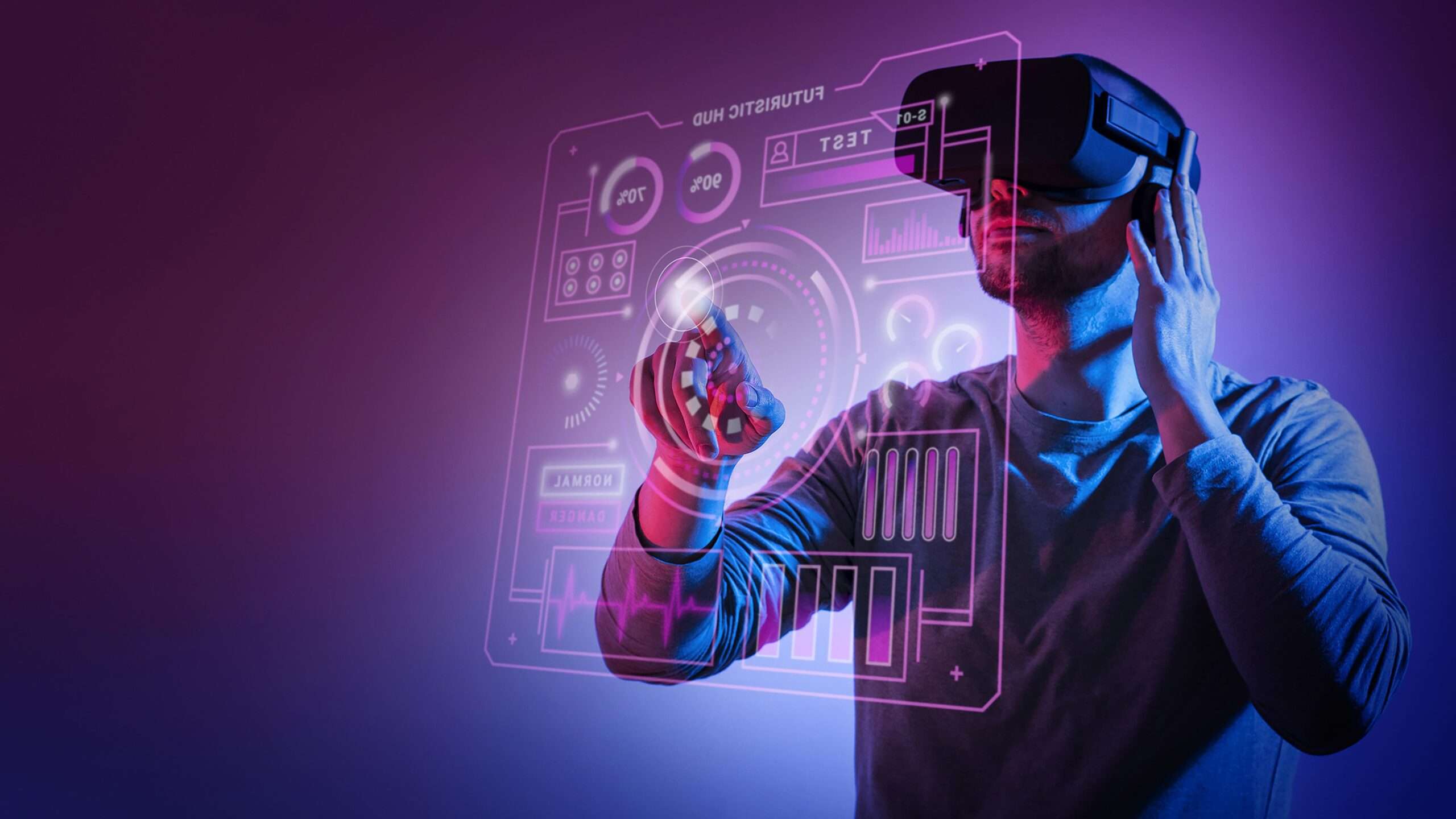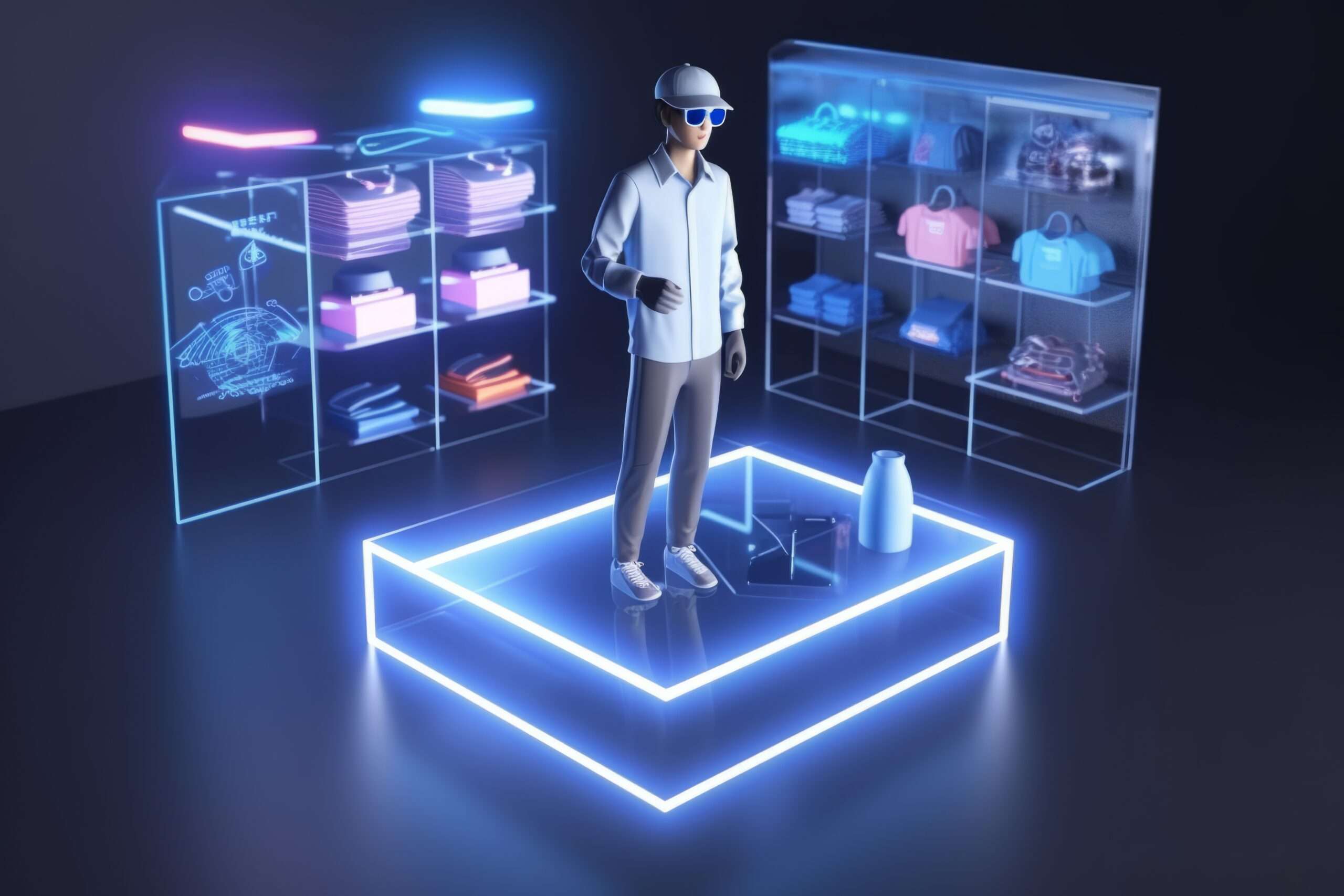Table of Contents
Introduction: What is Personalization in E-Commerce?
Personalization in e-commerce refers to the practice of tailoring the online shopping experience to individual customers based on their behavior, preferences, and past interactions with a store.
🚀 In today’s digital marketplace, customers expect a highly customized shopping journey where they receive product recommendations, offers, and content that align with their interests.
💡 But how does personalization impact customer loyalty and boost sales? Let’s dive in!
Key Statistics on Personalization and Customer Behavior
📢 These statistics highlight how personalization directly impacts customer satisfaction and loyalty!
-
91% of consumers are more likely to shop from brands that provide personalized recommendations.
-
80% of customers are more likely to make a purchase when offered a personalized experience.
-
44% of shoppers become loyal to brands that consistently offer personalized interactions.
-
60% of consumers feel frustrated when they see irrelevant product suggestions.
Why is Personalization Essential for Customer Loyalty?
🎯 Personalization makes customers feel valued, which strengthens their loyalty to a brand!
-
Enhances User Experience: Customers appreciate a shopping experience that feels relevant and convenient.
-
Increases Conversion Rates: Personalized experiences lead to higher engagement and sales.
-
Reduces Cart Abandonment: Smart recommendations encourage customers to complete their purchases.
-
Boosts Customer Satisfaction & Retention: Happy customers are more likely to return and make repeat purchases.
Effective Strategies for Implementing Personalization in E-Commerce
-
Leveraging Customer Data for Personalized Shopping Experiences
📊 Data analysis is the foundation of any successful personalization strategy.
-
Track purchase history and browsing behavior.
-
Monitor frequently viewed products.
-
Use customer preferences to predict future purchases.
📢 Example:If a customer frequently buys skincare products, the store can recommend new arrivals in that category.
-
AI-Powered Product Recommendations
AI-driven recommendation engines use machine learning algorithms to suggest the most relevant products.
-
Display similar items based on previous purchases.
-
Provide bundle deals based on complementary products.
-
Offer seasonal recommendations tailored to customer interests.
💡 Example: Just like Netflix recommends movies based on watch history, e-commerce stores use AI to recommend products based on shopping behavior.
-
Personalized Email Marketing Campaigns
📩 Personalized emails can boost sales by up to 20%!
-
Send exclusive offers based on past purchases.
-
Remind customers about items left in their cart.
-
Offer special discounts for birthdays or anniversaries.
📢 Example: If a customer buys a new smartphone, an email with discounted accessories for that model can encourage further purchases.
-
Customizing Website Experience & Special Offers
🌐 How can you make the shopping experience more personalized?
-
Show personalized product recommendations on the homepage.
-
Adapt promotions and discounts based on customer location and interests.
-
Provide dynamic shopping experiences that change according to customer interactions.
💡 Example: When a customer visits the store multiple times, they can be greeted with "Welcome back! Here are your exclusive deals."
-
Loyalty Programs and Reward Systems Based on Customer Behavior
🎯 Loyalty programs encourage repeat purchases and increase brand engagement.
-
Offer points for every purchase.
-
Provide special discounts or free shipping for VIP customers.
-
Create exclusive offers for returning buyers.
📢 Example: After 5 purchases, a customer gets a 20% discount on their next order!
-
Using AI and Machine Learning for Advanced Personalization
🚀 How can AI improve personalization?
-
Analyzes real-time customer behavior to adjust recommendations instantly.
-
Predicts future needs based on previous shopping habits.
-
Enhances marketing strategies through targeted ads and AI-driven recommendations.
💡 Example: Amazon’s AI-driven system continuously refines recommendations based on customer search history and purchase behavior.
-
Tailoring Payment and Shipping Options to Customer Preferences
🛍️ What if you could customize the checkout experience?
-
Offer multiple payment options based on customer preferences.
-
Provide flexible shipping choices (such as express delivery or free shipping on orders above a certain amount).
-
Allow customers to save their payment and shipping details for faster checkout.
📢 The result?
-
Lower cart abandonment rates.
-
Improved customer satisfaction and retention.
How to Measure the Success of Personalization Strategies?
📊 Use Google Analytics, Hotjar, and customer data platforms to track:
-
Customer engagement with personalized recommendations.
-
Conversion rate improvements after personalization.
-
Repeat purchase rate among customers receiving tailored experiences.
Conclusion: The Future of Personalization in E-Commerce
🎯 Personalization is the key to future e-commerce success!
-
Creates higher customer satisfaction and engagement.
-
Drives significant sales growth.
-
Helps brands build strong, long-term customer relationships.
📢 Have you implemented personalization in your e-commerce store? Share your experience in the comments! 📝
Table of Contents
Mobile App Development.
Website Development.
E-commerce Development.
Motion Graphic Services.
Graphic Design Services.
Digital Marketing Services.
Cybersecurity Services.
Supply and installation.
خدمات الأمن السيبراني
Related Posts
Artificial intelligence (AI) is revolutionizing the e-commerce industry by enabling personalized shopping experiences, automated support, and data-driven decision-making.
In today’s competitive digital world, pre-made website templates may not always meet your business’s unique needs. That’s where custom website development comes in.
E-commerce has undergone massive transformations over the past decade. With rapid technological advancements, the future of online shopping promises more personalization, automation.
















